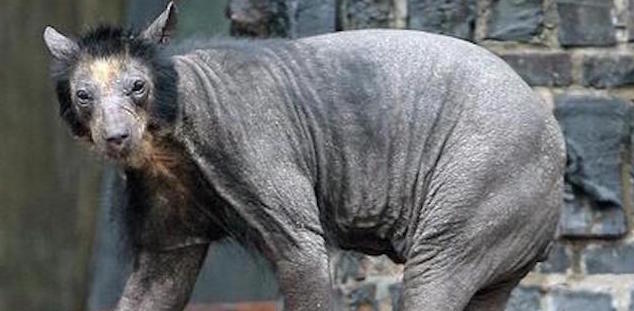Opinion/Editorial
SHAVEN LEMURS COME DOWN FROM THE TREES
The coming of the new age, the age of mechanistic work, information transfer, and thought, will do so with a quiet overwhelming hiss, like the inexorable and unstoppable inertia we all witnessed watching video feeds of the tsunami in Japan. We cannot stop the mounting flood determining catastrophic social and cultural change that is proceeding right this minute, but full effects haven’t reached most of us yet.
Robots are replacing almost all mechanical workers in manufacturing plants across the world, from auto facilities to metalworking and even clothing plants. Artificial Intelligence is assaulting humanity around the fringes and edges of nearly every decision we once performed on our own. A map is called up with a computer of any kind and a restaurant is advertised along with it. The restaurant serves the kind of food the person operating the computer usually eats in such places or even purchases at places like Costco and Wholefoods. A mapping program is not followed by a human possessing an automotive navigation unit. The robot ‘thinker’ instantly senses that the operator has taken a wrong turn. The program is immediately changed to provide an alternate course. A computer app is loaded onto an electronic piano and begins to softly instruct and change the notes a beginning player makes as he or she learns to play. Additional sounds are added experimentally to see if the student wants to add or delete them from a composition.
Merit is entitlement. Merit is going to be one of the most important words and concepts of this new age about to spring up from the remains of what the robot ‘tsunami’ leaves behind. Humans need a leveling worth element to measure the distribution of goods and services allowing for the survival of billions. The element invented to provide this leveling distribution need is what we call currency today. Most of such currency (there are thousands regularly converted from to another every day) has no intrinsic value. It is assigned a value by many different authorities and argued about and changed all the time.
In a recent essay, I wrote of the need to tax all robotic efforts heavily. This concept was not presented in humor. The step following assignment and collection of such taxes will be equitable distribution. No longer will human physical and mental toil be measured to arrive at amounts satisfactory to payout currency. The currency will survive in many forms, but the distribution will change from work-related conclusions to merit-based systems. Why should one person be paid more than another and what definitions will spring forth to give entitlement or merit valued meaning for distribution?
The current model of economic distribution based on physical and mental work by humans is no more valid than such a system based upon merit based on more esoteric elements. Today, the currency is passed around in huge amounts based upon no measurable work of any kind (inheritance, money trading fees, bank fees, credit card interest, and even gifting). This form of distribution has become justifiably accepted because the element of ownership was added. The current system is admitted to be unfair by almost everyone on the planet, but particularly by those being born to the wrong family or in the wrong place on the planet.
There is a great opportunity that will spring forth from the managed chaos and wreckage caused by the slow-moving hugely inertial tsunami of robotic replacement. The opportunity lies embedded within meritorious definition and application. Humanity will soon have the ability to redefine who gets what currency and in what amounts. Can humanity do a better job in taking on this overwhelming and controversial task than it did the first time around?
I don’t know. Can we allow for a distribution process that does not favor nepotism or cronyism? I don’t know. We are all nothing more or less than evolved shaven lemurs come down from the trees to fight over fruit that’s fallen to lay on the floor below…and to lie about the fact we are intensely fighting over it.







